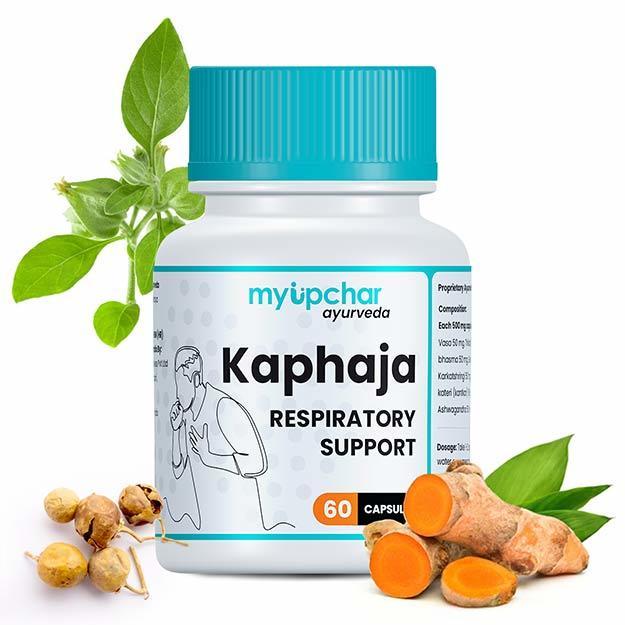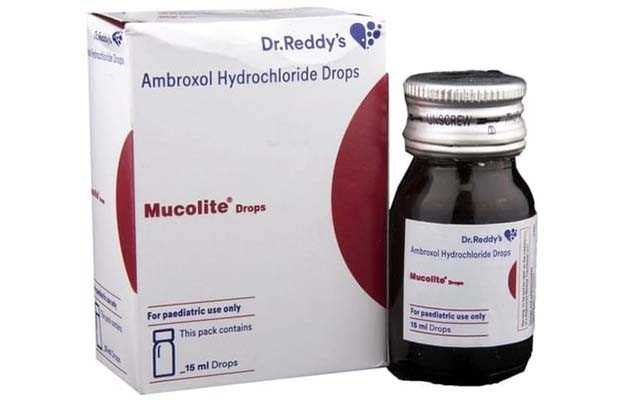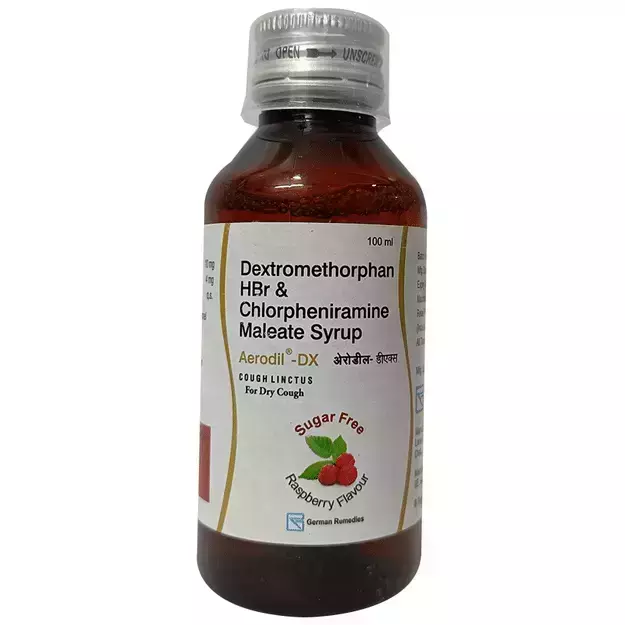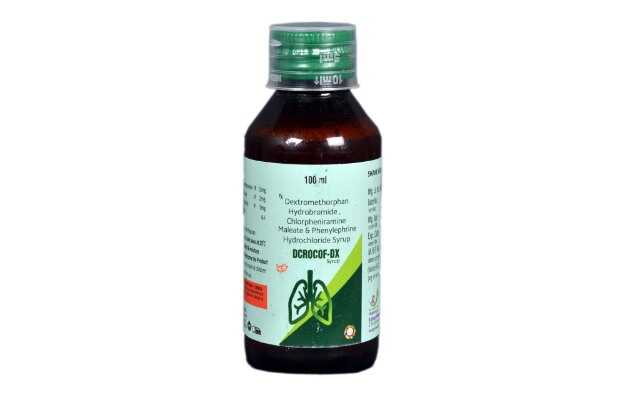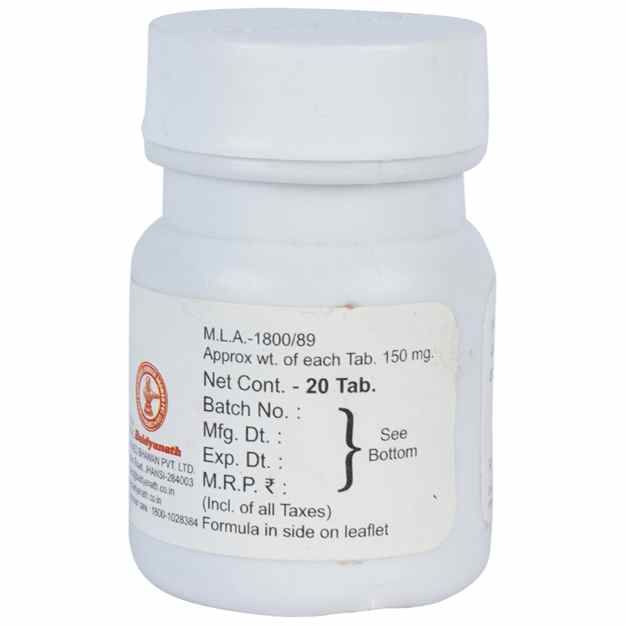Respolite is a prescription drug, available for use as Syrup, Tablet. Bronchitis are some of its major therapeutic uses. The alternative uses of Respolite have also been explained below.
The right dosage of Respolite depends on the age, gender, and medical history of the patient. Besides the medical condition it is advised for, the route of administration also plays an important role in determining the correct drug dosage. Detailed information has been provided in the dosage section.
The side effects typically associated with Respolite include Constipation, Heartburn, Nausea or vomiting. Besides the aforementioned side effects, there are other adverse effects of Respolite as well, which are listed below. Usually, these side effects of Respolite go away soon, and do not persist beyond the duration of the treatment. However, if these continue for a longer time, consult your doctor right away.
It is also important to note that Respolite has a Severe effect for pregnant women and Severe effect on lactating mothers. It is important to know if Respolite has any effect on the kidney, liver and heart. Information on such adverse effects, if any, has been given in the Respolite related warnings section.
Respolite is not recommended if you suffer from certain medical conditions as it can have adverse effects. Gastrointestinal Bleeding are examples of such conditions.
Drug interactions for Respolite have been reported in the medical literature. Refer to the list below for further details.
In addition to these precautions, you may also note that Respolite is safe while driving, and is is addictive in nature.
X

